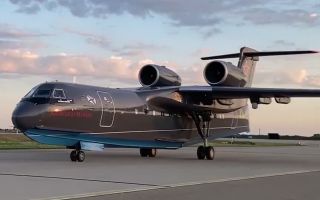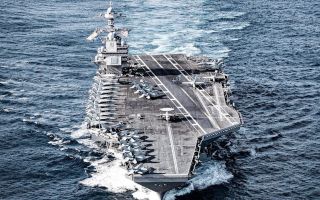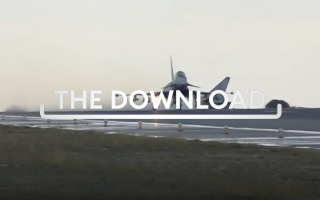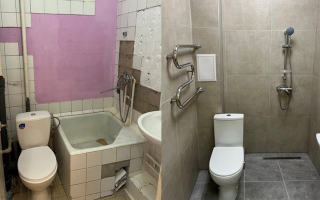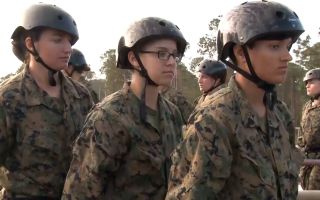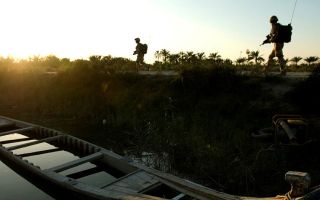What Does An Assault Pioneer Do?
Since the Second World War, Assault Pioneer platoons have played a vital role in the British Army by providing engineering support to frontline troops.
Before the coronavirus lockdown began, the Pioneers of 2nd Battalion the Mercian Regiment were at their base in Cyprus practising some of the key skills of Pioneer soldiering.
Sergeant Michael Farrell, Assault Pioneer Sergeant, 2 Mercian, said they "can do most things the engineers can do".
Their role includes setting up defensive positions, establishing main operating bases and building infrastructure for the military centres, as well as laying and detecting mines.
On base in Cyprus, troops trained using dummy versions of Claymore mines - the real thing is a Vietnam War-era weapon which is still lethally effective.
"[It is] just shy of two kilo[s] in weight - it’s got 0.7 kilo of explosives in it, with 700 ball bearings," Sgt Farrell said.
It gives the anti-personnel mine a killing distance of 50 metres, while it is still dangerous for up to 250 metres.
Private Patrick O'Boyle, D Company, 2 Mercian, joined 2 Mercian eight years ago and has been a Pioneer for the past two.
For him, demolitions "are the best part" of the job.
"It’s just the fact of once you’ve set it up, you let it off, there's nothing to clean afterwards and it’s just the feeling of being able to breach into buildings," he said.
Assault Pioneers are also trained to detect mines, for which they use a metal detector called the Vallon.
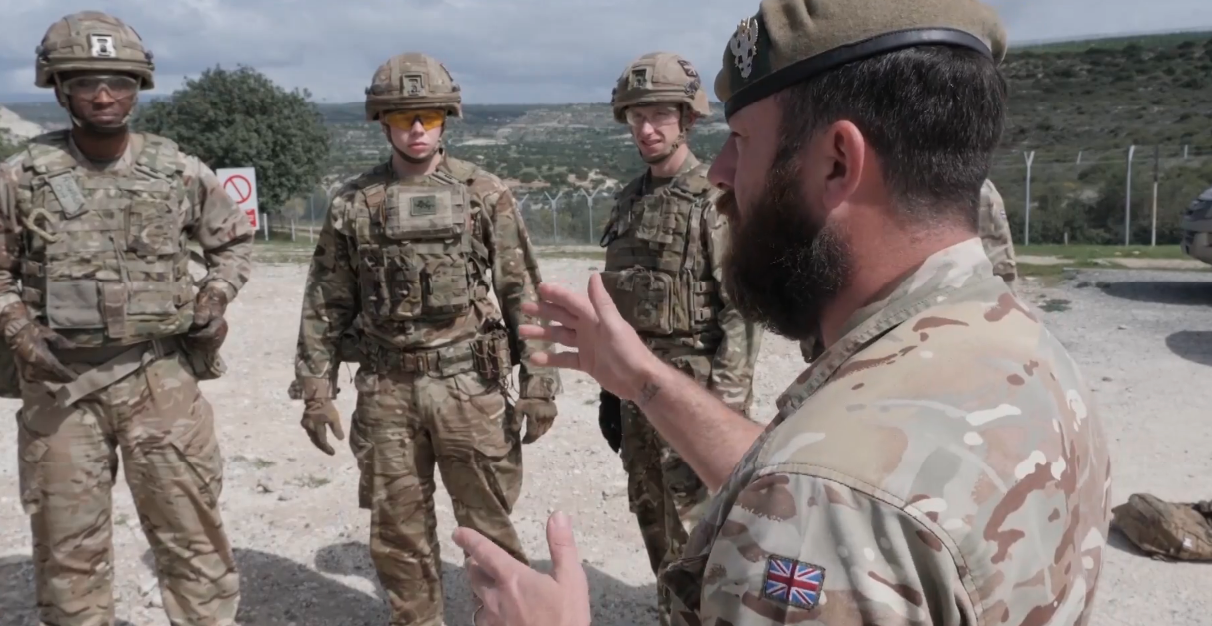
2 Mercian has 11 Assault Pioneer soldiers who are on hand to provide the battalion with light engineering support.
Private Tom Iredale, an Assault Pioneer, explained this support can take shape in numerous ways, such as supporting troops on the ground establish patrol bases or forward military positions.
"We would move in with [the troops on the ground] and put in defensive positions," he said.
"We could then start doing water treatments, so that way they would have their own water supplies."
During the training, Sgt Farrell is sporting a beard - a nod to Pioneer history, when the original Pioneer Sergeants were also blacksmiths and were permitted to grow facial hair to protect them from sparks.
They are one of the few British Army ranks to be allowed a beard while on parade today.
For soldiers looking at life beyond the Army, Pioneers can also earn a whole range of qualifications they can take with them.
After this initial course, some of the newer troops returned to the UK to finish their training, becoming part of a small but unique Pioneer family within the British Army.


